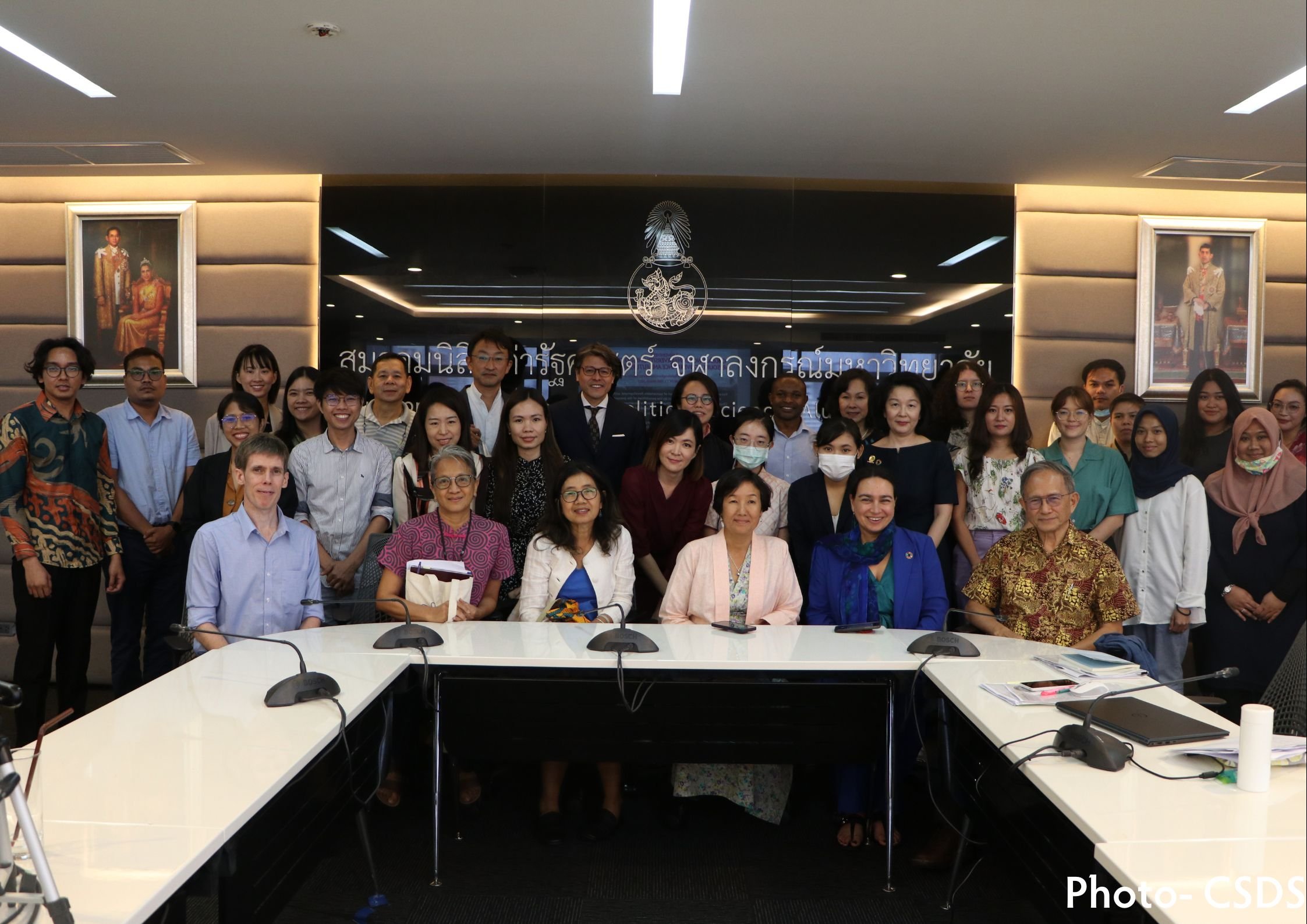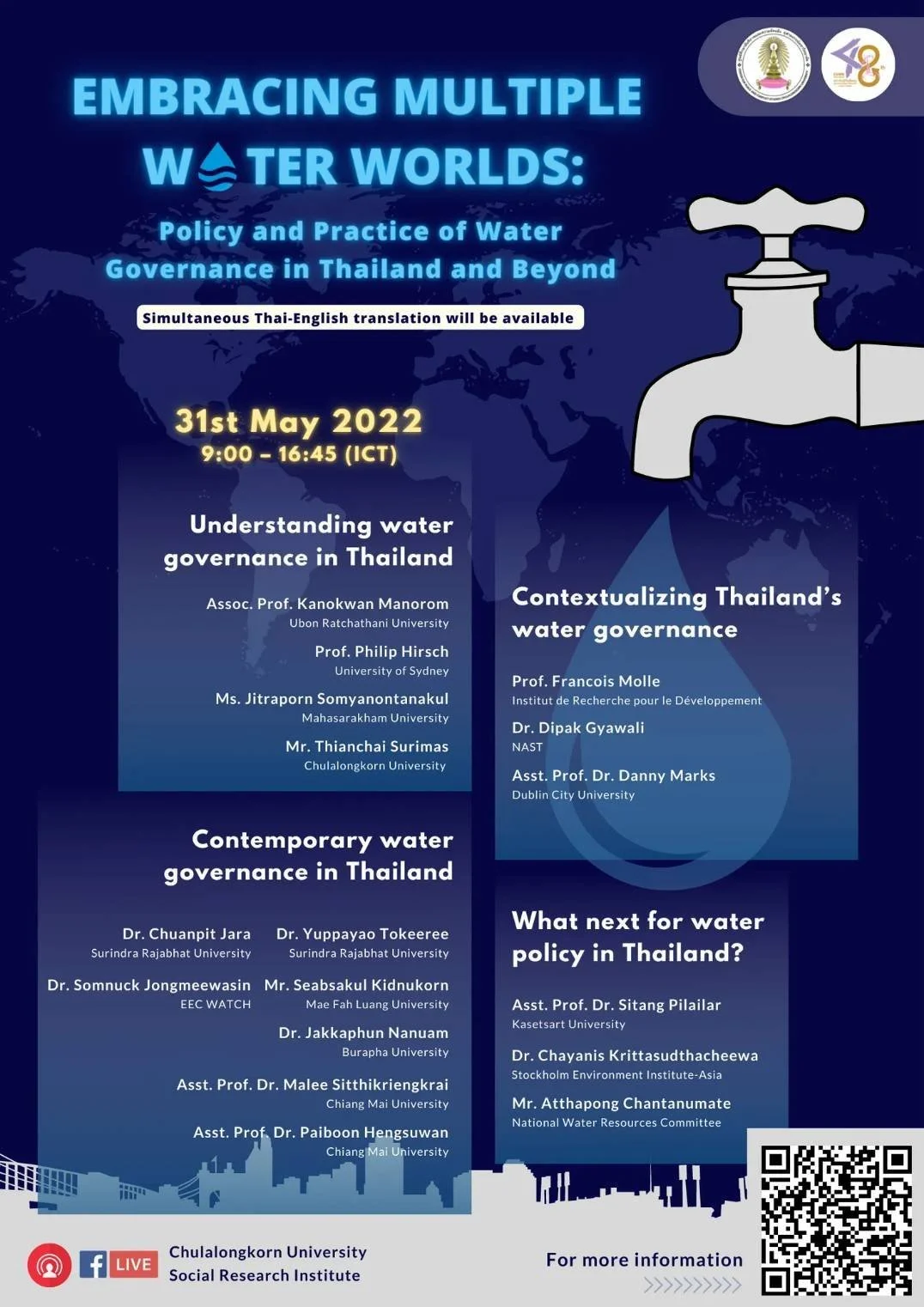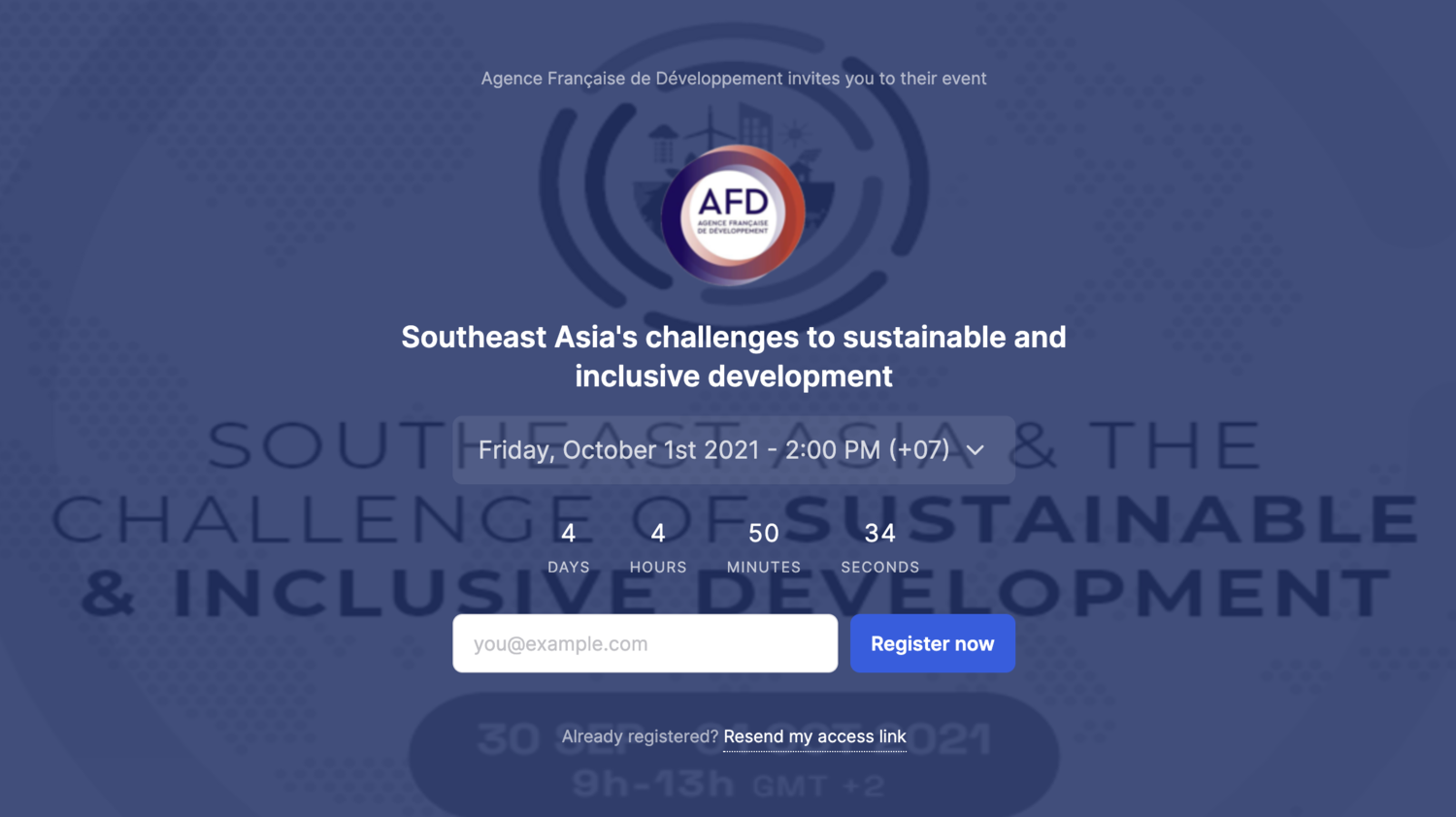EVENT (RESOURCES) : Launch of the Chulalongkorn University UNESCO Chair in Resource Governance and Futures Literacy [ 28 March 202 3 ]
/Launch of the Chulalongkorn University UNESCO Chair in Resource Governance and Futures Literacy
28 March 2023, Faculty of Political Science, Chulalongkorn University, Bangkok, Thailand
Co-organized by Chulalongkorn University UNESCO Chair in Resource Governance and Futures Literacy; Center for Social Development Studies (CSDS), Faculty of Political Science, Chulalongkorn University; Office of International Affairs and Global Network, Chulalongkorn University; and Japan Society for International Development (JASID)
On the morning of 28 March 2023, Chulalongkorn University was honored to host the launch of the “Chulalongkorn University UNESCO Chair in Resource Governance and Futures Literacy.”
Further details on the program of the launch can be found here.
A recording of the full morning’s program can be viewed here.


























